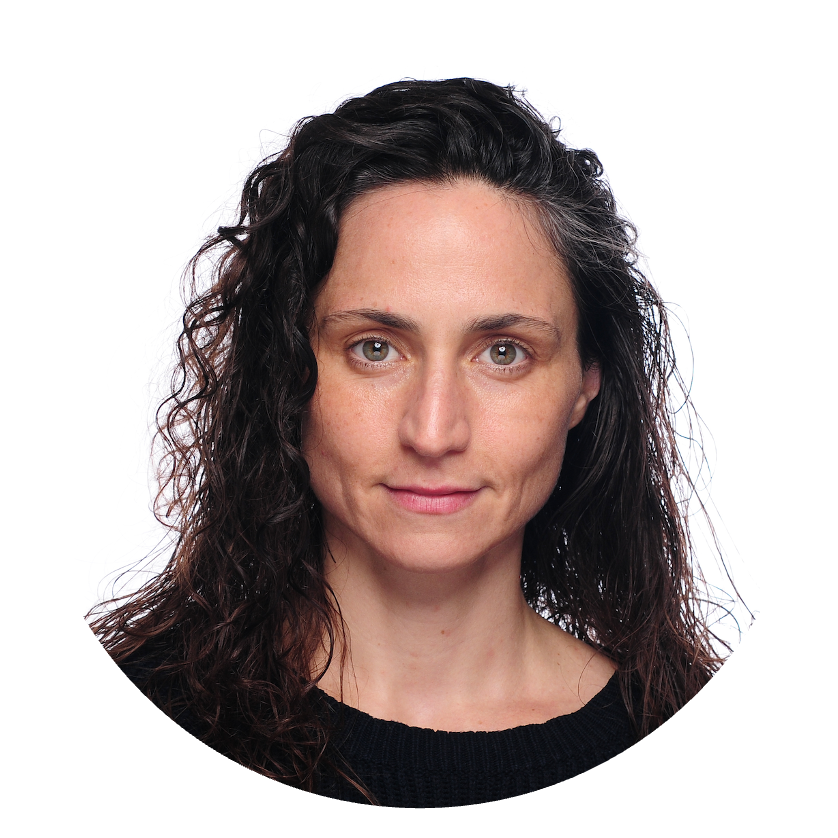Founder’s Five: Alan Forbes, F.I.R.S.T. Institute
October 18, 2024 Founder's FiveFounder’s Five is a continuing series from Tyton Partners that invites education company founders to shed light on…
Founder’s Five is a continuing series from Tyton Partners that invites education company founders to shed light on their own success and illuminate the landscape for other education entrepreneurs and investors by answering five basic questions.
The bina School‘s online platform offers a comprehensive digital education through master teachers, small class sizes of 6- 8 students, and a uniquely tailored curriculum with a mix of synchronous live lessons and hands-on offline activities allowing for flexible learning schedules. The bina school day is split into 4 x 45-minute learning sessions. After each of these sessions, students have a 15-minute break, with an hour break for lunch.
All bina teachers possess postgraduate degrees in education and over 5 years’ experience. They have worked in public, private, and international schools and are recipients of continuous digital training. The curriculum is rooted in the UK standards and draws from the US Common Core and the IB PYP framework. The school develops foundational Maths, Science, Literacy and the Arts skills through story-based units.
 What is your company’s origin story?
What is your company’s origin story?Some entrepreneurs look for problems to solve, and some are haunted by problems. I am of the second type. After selling my first business, I felt privileged. Tackling real problems was (and remains) my goal. In the short term, primary education profoundly touches the lives of kids and adults labouring to care for them daily. In the long run, it is arguably the key factor in building healthy societies. For seven years, I interviewed students, teachers, parents, and administrators in primary schools across the globe. Following this, I spoke with educational professors, people from the ed-business, technologists, designers, and developmental psychologists. The aim was to understand and compare the systemic designs of primary school education across countries. Can we do a “system upgrade”? Can we utilize the resources available today (and tomorrow) to significantly improve the quality of educational experiences and outcomes for students, their educators, and their families?
Here is what I learnt – it is not only possible, it is the inevitable future. If we seek systemic change, we need to change the system (and there are elegant ways to get there). bina’s origin is far from a “eureka” moment. It remains the iterative labour of the bina team and families, paired with the continuous contributions of people in schools, universities, and businesses around the globe.
 How will the market be changed by your company’s success?
How will the market be changed by your company’s success?We are building School-as-a-Service to offer the “highest quality primary education at scale”. We now run full-time schooling as a closed beta with paying families (and soon B2B2C through HR depts) in 5 time zones. Our classes have 6-8 students, and all lessons are live, active, and collaborative.
The primary and early-years education space is vast and full of incredible work, tackling field-specific learning objectives. No matter how effective and incredible these are, selling to parents is hard and selling to schools is harder. Moreover, the fantastic work and the data these initiatives generate are siloed. Lacking context, the application of information is limited.
We joke internally and say that we are technically building “glue”.
Transitions are hard for humans, particularly for the little ones. Educators at bina swiftly take all their students to specific digital places they experience together (e.g. from a video conference to the middle of the math match, through the layers of the earth, to a mutual drawing board and back). The backend is a cross-platform data analysis. We call what it generates “precision education”. The insights forge a fast-paced adaptive learning path for every student, educator, and family.

Our success will offer incredible perspicuity into what works and doesn’t in digital education for kids and those who care for them.”
Noam gerstein
4-12-year-olds globally, their educators and caregivers will have access to high-quality education that is inclusive and transnational.
 What do you know now that you wish you had known when you began?
What do you know now that you wish you had known when you began? What non-intuitive insight have you gained through this work?
What non-intuitive insight have you gained through this work?The value set of the new generations of parents, Millennials and Gen Z, wildly differs from those of Gen X (and obviously boomers). It’s mind-boggling! Moreover, when globally interviewing parents about what they want for their children’s schooling, one finds much broader differences within the 40-50 age group than amongst those in their 20-30s.
 What other education company besides your own do you wish you had started?
What other education company besides your own do you wish you had started?(Stanford? Disney?) I can’t choose! Just naming some more established fascinations: Riiid, Osmo, Classdojo, Minerva Uni, Kidaptive (now McGraw-Hill), Cognii, Outschool, Brainpop, Century Tech, Matific, GoGuardian, Sana Labs. From the up-and-coming-my latest interests are Transcend network, Pencil, Kide Science, Kadho, Know, Raise.me, Kalam Labs, Genially. People are so good at their game!